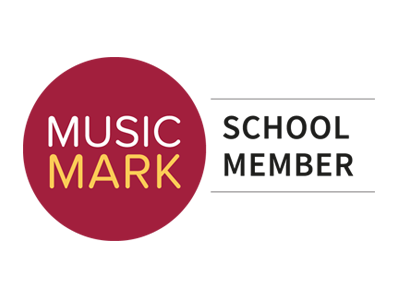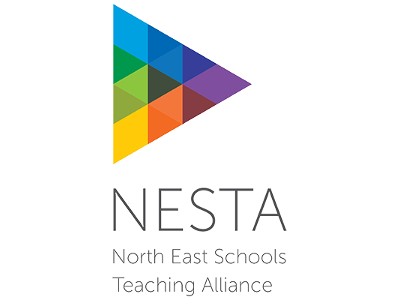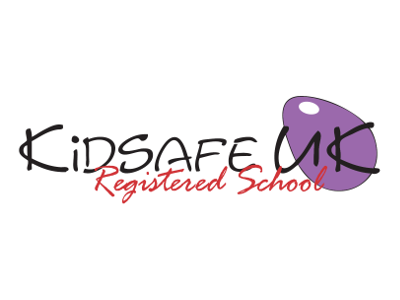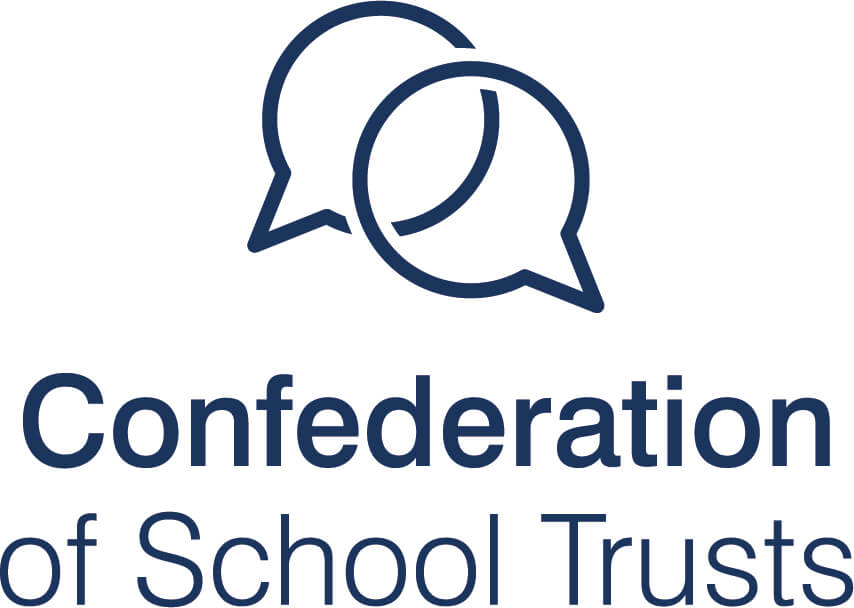Computing – Year 3
Download
Download our Year 3 Computing curriculum here.
Technology threads
|
Pos/Technology Strand |
Year 3 |
|---|---|---|
| Programming | design, write and debug programs that accomplish specific goals, including controlling or simulating physical systems; solve problems by decomposing them into smaller parts
use sequence, selection, repetition in programs; work with variables and various forms of input and output use logical reasoning to explain how some simple algorithms work and to detect and correct errors in algorithms and programs |
|
| Data | Select, use and combine a variety of software (including internet services) on a range of digital devices to accomplish given goals, including collecting, analysing, evaluating and presenting data and information. |
|
| Understanding | Understand computer networks including the internet; how they can provide multiple services such as the world wide web; and the opportunities they offer for communication and collaboration
Use search technologies effectively, appreciate how results are selected and ranked, and be discerning in evaluating digital content |
|
| Using Effectively | Select, use and combine a variety of software (including internet services)on a range of digital devices to accomplish given goals, including collecting, analysing, evaluating and presenting data and information.
Use search technologies effectively, appreciate how results are selected and ranked and be discerning in evaluating digital content. |
|
| Keeping Safe | Use technology safely, respectfully and responsibly; know a range of ways to report concerns and inappropriate behaviour |
|
Reviewed Feb, 2014
By SH, JM, KP, CA, EA










